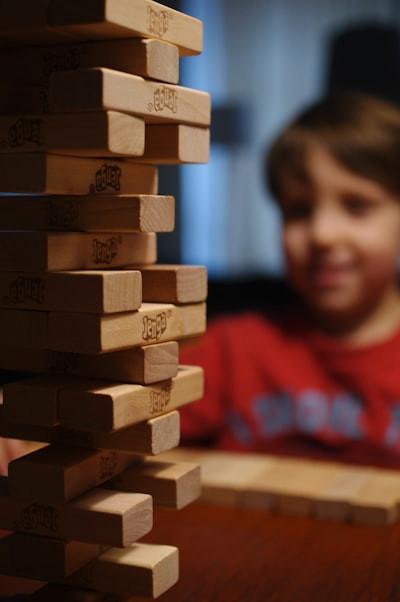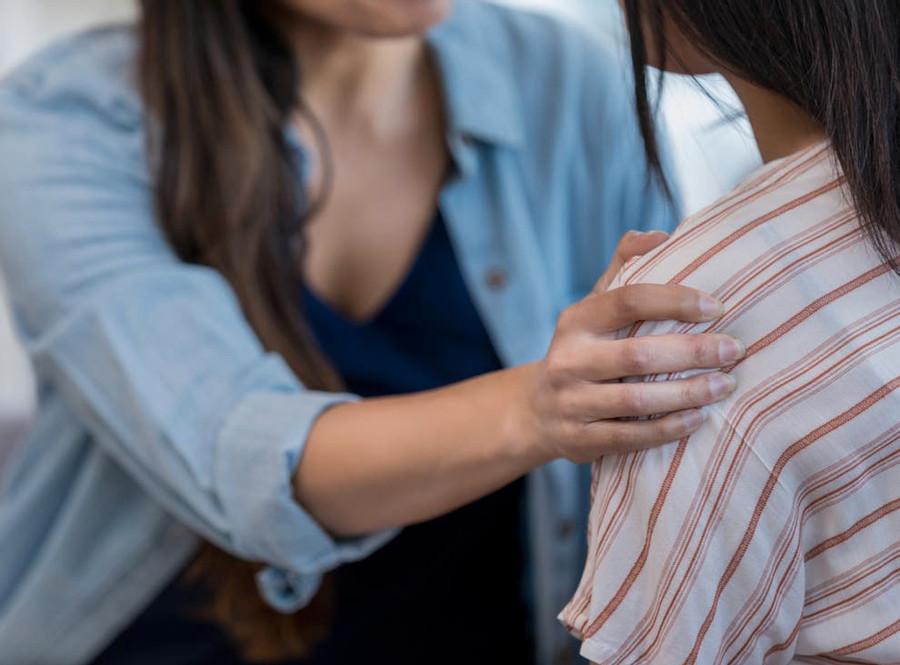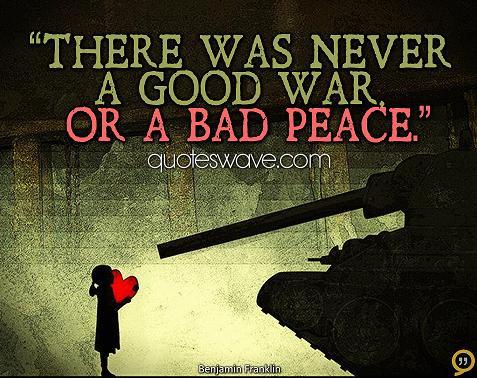How and when to talk to children about war, according to a parenting expert
Curated from: independent.co.uk
5
Explore the World's Best Ideas
Join today and uncover 100+ curated journeys from 50+ topics. Unlock access to our mobile app with extensive features.
Should I talk to my children about war?
The answer it depends on a number of factors, including the age of the child, the likelihood they will hear it from another source, and what your family’s relationship to the conflict is.
If for any reason you think your child is going to hear about this, then get to them and talk to them.
If that’s not that case, you should only talk to your child, if under the age of eight, if it’s going to impact your family, if your family will really feel it.
5
76 reads
How to talk to your child about war
- A useful place to start is by asking whether your child has heard about the conflict, and if so, what they have heard.
- It is important to first “process your own feelings as parent and then figure out if you should talk to your child about it.
- By entering the conversation with a question, it also allows parents to listen to their child’s emotional response, and correct any misconceptions with facts.
- Before correcting any misinformation, parents should ask a child how they are feeling about the information they have learned
5
67 reads
The main messages
- According to Dr Gilboa, these messages may be something like: “Our family is safe,” “oppression is wrong,” or “war is bad”.
- If the child is older, it may mean they are “ready for a more nuanced convo about conflict, such as where is the gain?” which can help them grow into critical thinkers.
- While it is important that parents broach difficult topics such as war with their children, Dr Gilboa made a point to remind parents that this cannot be successfully done until they have processed their own feelings about the news.
5
55 reads
Social Media vs accurate sources
- While social media can be a useful source of news, it can also be flooded with misinformation.
- In the age of social media, parents should also be aware that their children may be exposed to information about the topic on platforms such as Twitter, TikTok or Instagram.
- If your child comes to you with a piece of information that you don’t believe is accurate, rather than immediately dismissing the news, Dr Gilboa recommends asking what their source is, and then cross-referencing the information with more credible news outlets to see whether it is accurate.
5
51 reads
IDEAS CURATED BY
CURATOR'S NOTE
In times of uncertainty or fear, it can be especially daunting deciding whether a child should be exposed to a topic that is frightening.
“
Ade Oane's ideas are part of this journey:
Learn more about parenting with this collection
How to listen to your body's hunger and fullness cues
How to develop a positive relationship with food
How to trust yourself around food
Related collections
Similar ideas
3 ideas
Johnny Depp v Amber Heard: What is hearsay?
independent.co.uk
12 ideas
1 idea
Anxiety: Causes, Symptoms, Treatment, and More
healthline.com
Read & Learn
20x Faster
without
deepstash
with
deepstash
with
deepstash
Personalized microlearning
—
100+ Learning Journeys
—
Access to 200,000+ ideas
—
Access to the mobile app
—
Unlimited idea saving
—
—
Unlimited history
—
—
Unlimited listening to ideas
—
—
Downloading & offline access
—
—
Supercharge your mind with one idea per day
Enter your email and spend 1 minute every day to learn something new.
I agree to receive email updates




